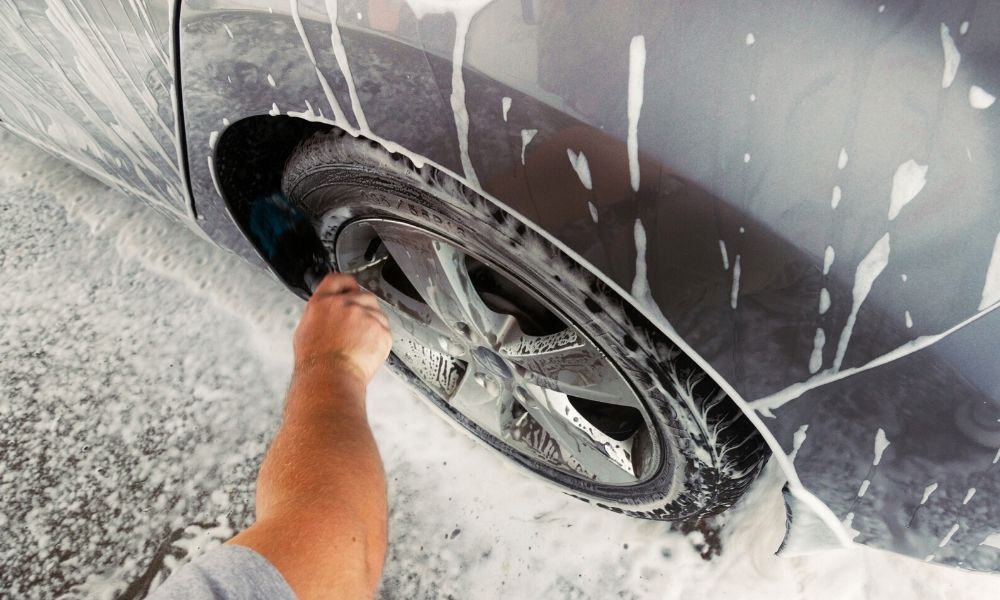Honda offers 3-year, 36,000-mile new vehicle limited warranty and a 5-year, 60,000-mile drive train warranty. Learn more about how to care for your Honda.
Page 6 - Helpful Tips
-
July 14, 2020
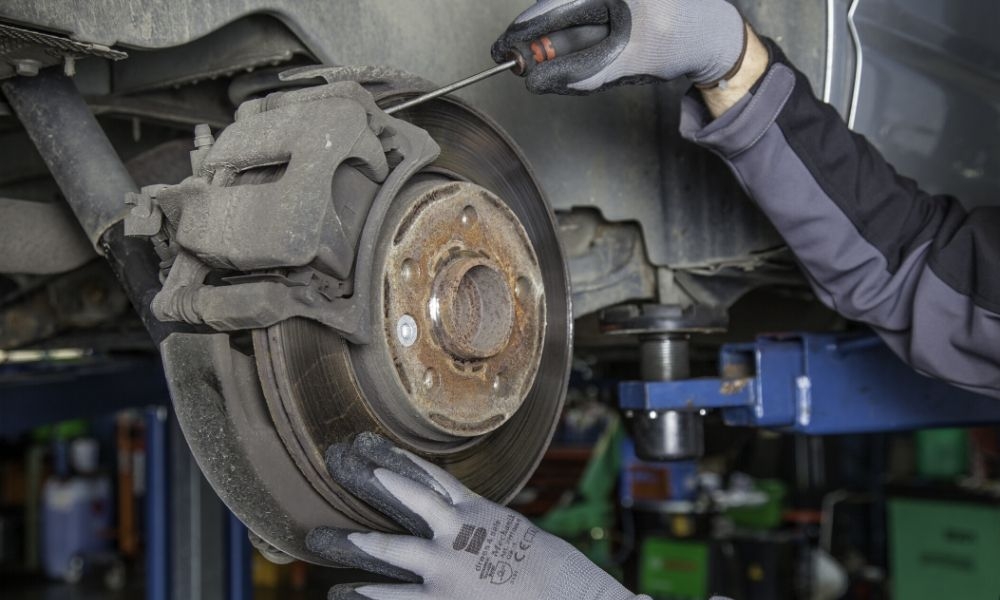
It’s tough to love a car with noisy brakes, whether you are driving it, or it squeals to a stop in front of you on the road. There are many reasons brakes make noise. Don’t ignore these common brake noises and their causes.
-
June 23, 2020
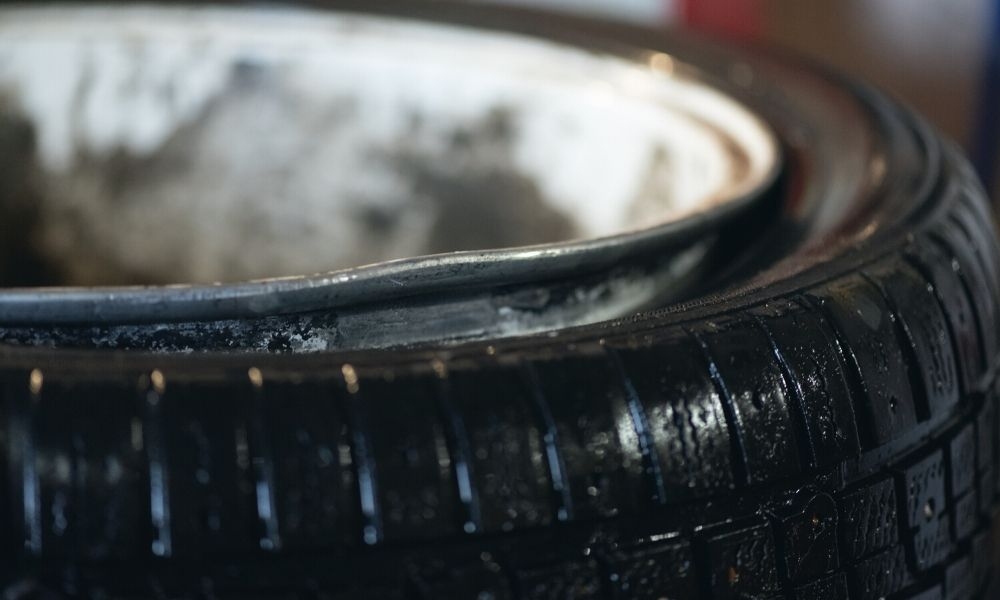
After a hard bump on your car’s wheels, don't just hope for the best. Gain an understanding of what causes bent rims to keep your car in safe driving condition.
-
June 9, 2020
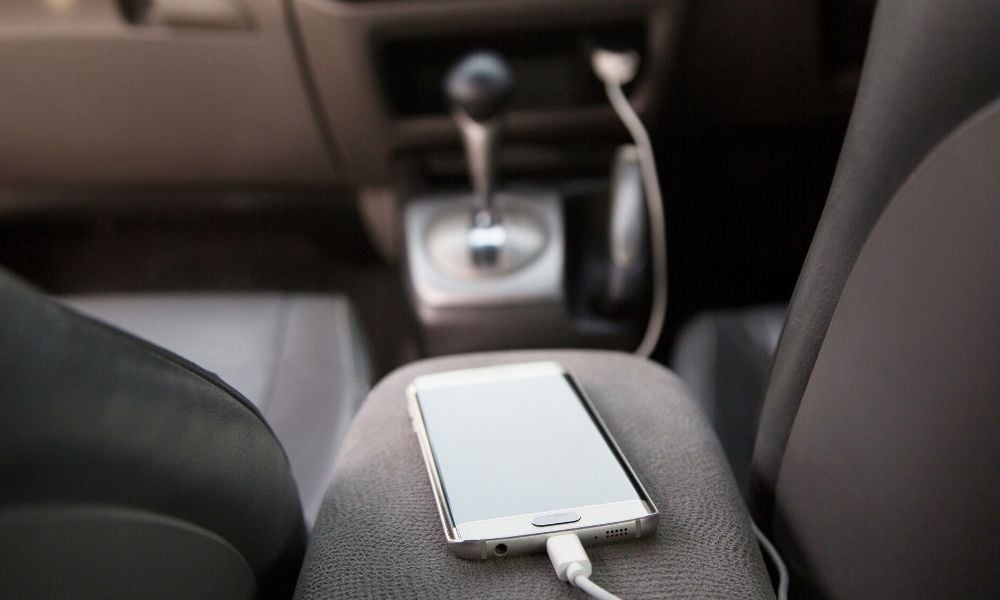 You don’t want to be that motorist stuck in a floating car under a bridge after a sudden, intense downpour.
You don’t want to be that motorist stuck in a floating car under a bridge after a sudden, intense downpour. -
April 24, 2020
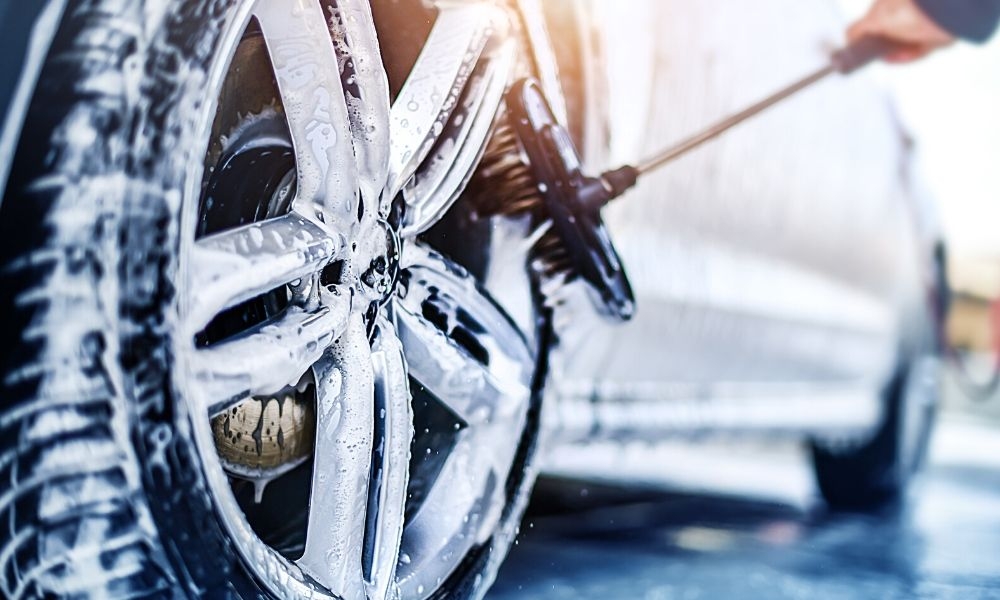
Social distancing and working from home have reduced traffic to next to nothing, but that doesn’t mean you should forget about taking care of your car. Automobiles sitting in garages for weeks can develop problems. Here’s how to maintain your car during COVID-19 stay-at-home time.
-
March 27, 2020
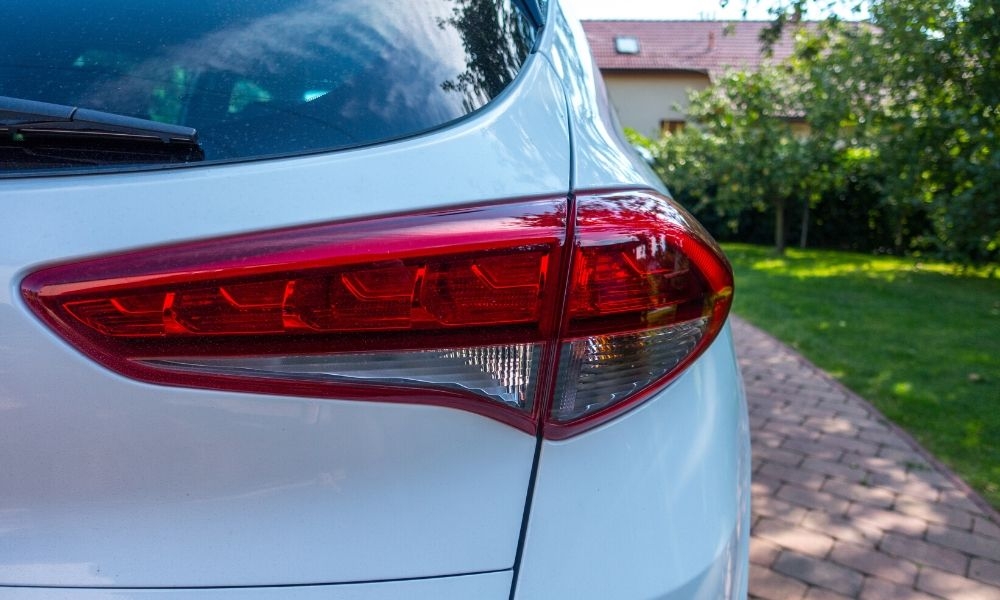
Carmakers offer a variety of maintenance plans. Owners should still learn Hyundai care even with their free maintenance package or their assurance plan.
-
December 11, 2019
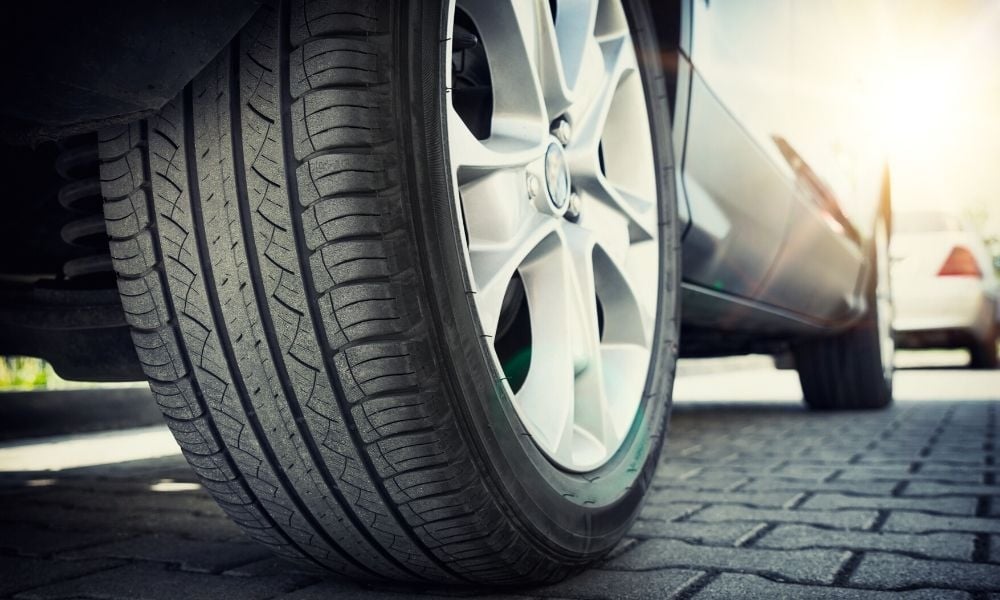
When it’s time to trade in, trade up, or just replace a car that’s not so reliable anymore, it’s important to consider what type of drive system is best for you. The acronyms—2WD, 4WD, and AWD—simply refer to how many wheels receive power from the engine at any given time. Car enthusiasts can argue about this until they’re blue in the face, but for most people, choosing which kind of drive system isn’t really that hard. How you spend most of your driving hours will likely determine which type of drive system to choose. Here we define the differences between 2WD vs. 4WD vs. AWD.
-
December 5, 2019
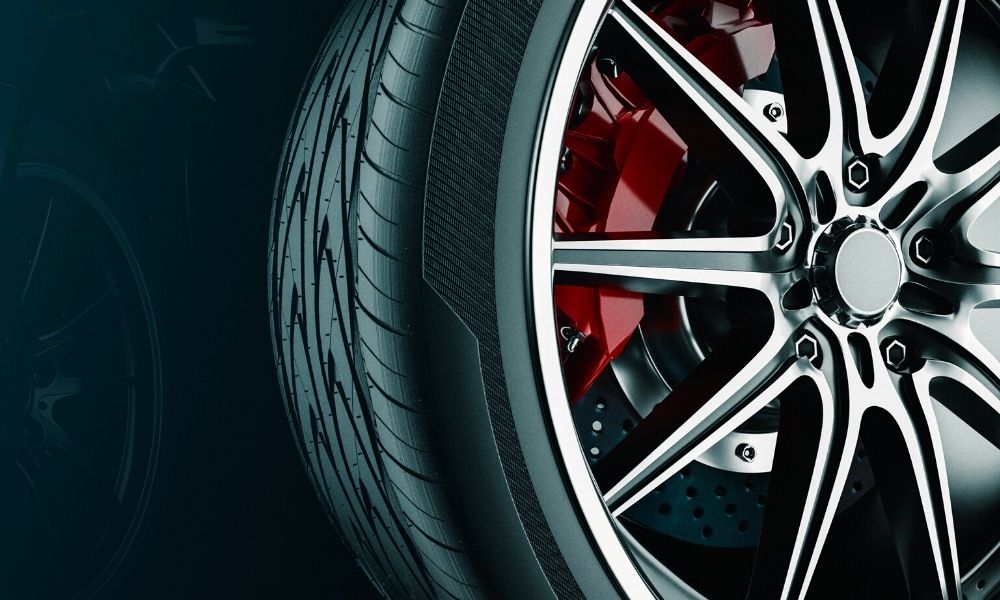
Those concept cars with the big wheels at auto shows look super cool, but do larger wheels provide better performance? It depends on what “performance” means to you. Larger wheels may provide better cornering and handling at higher speeds but might not work so well in wet or snowy weather. The added width and weight can also affect fuel economy and noise and may mean a bumpier ride.
-
November 20, 2019
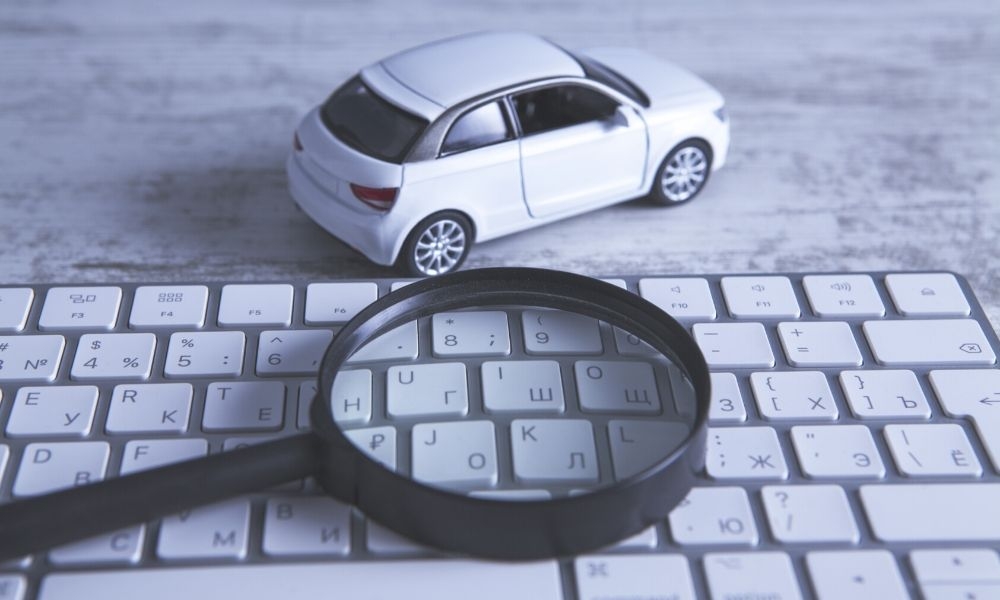
A car isn’t an investment that one should take lightly. This costly purchase is one that will ideally provide several years of use with minimal inconveniences.
-
October 29, 2019
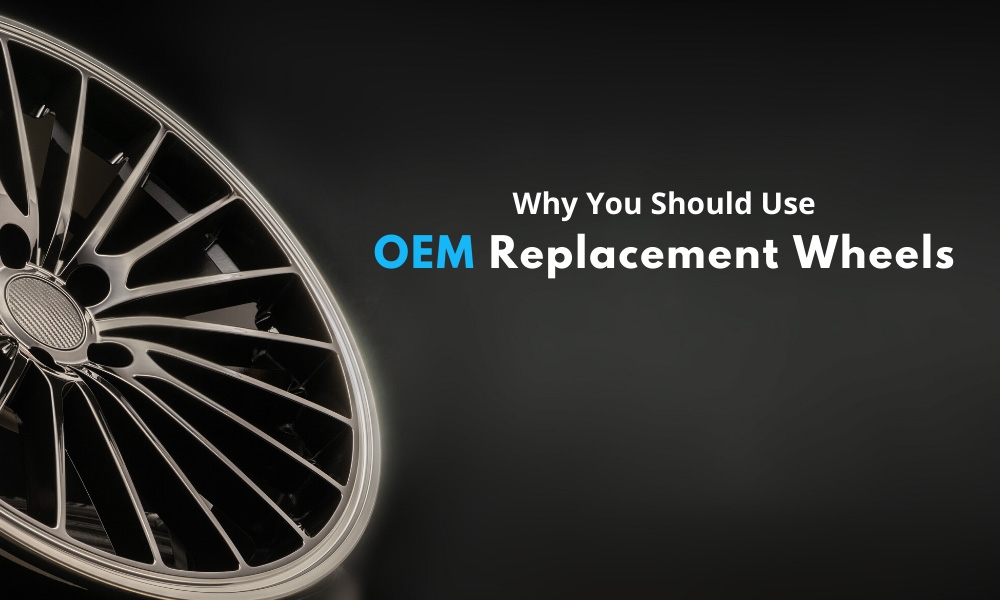
When you replace a wheel, you have to decide whether to purchase an OEM or aftermarket wheel. OEM stands for original equipment manufacturer, which essentially means that these wheels are crafted by the same company that created a specific car model. For example, a Lexus IS250 wheel is made by Lexus, while aftermarket wheels are made by a company that makes wheels for many makes and models of cars.
-
October 21, 2019
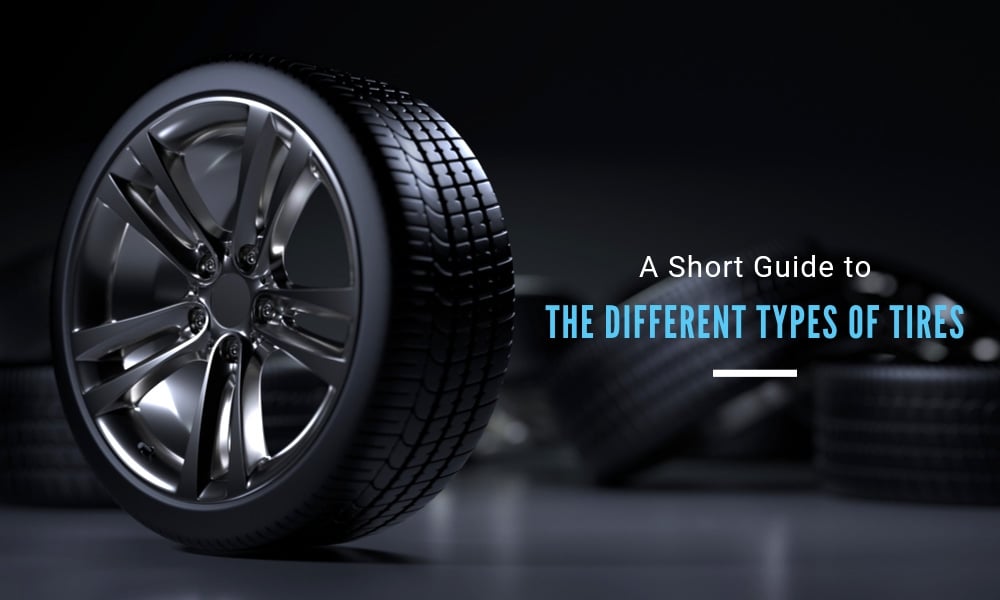
The tires your car is equipped with are far from one-size-fits-all, and the tires that are on your car when you drive it out of the dealership may not ultimately be the ones you should use long-term. The car you drive, the environment you live in, and your lifestyle in general should all play into the decision-making process.
-
October 16, 2019
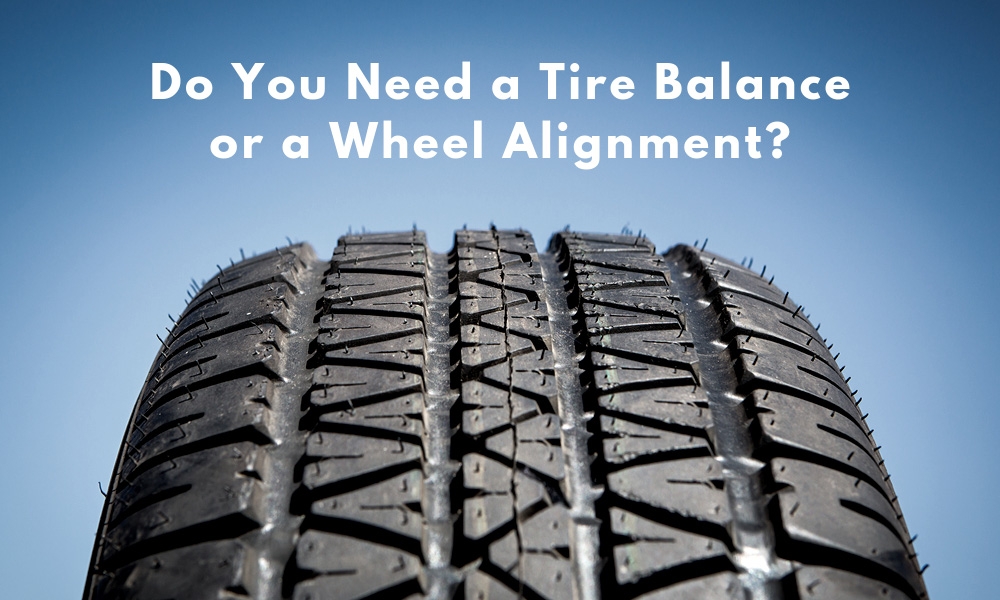
Most car owners are aware of the importance of keeping their car in good shape. Hefty repair costs can occur as a result of negligence. As such, it’s best to know which warning signs indicate balance and alignment issues. It’s also a good idea to know how to maintain your vehicle to prevent these issues from occurring.



